News Desk
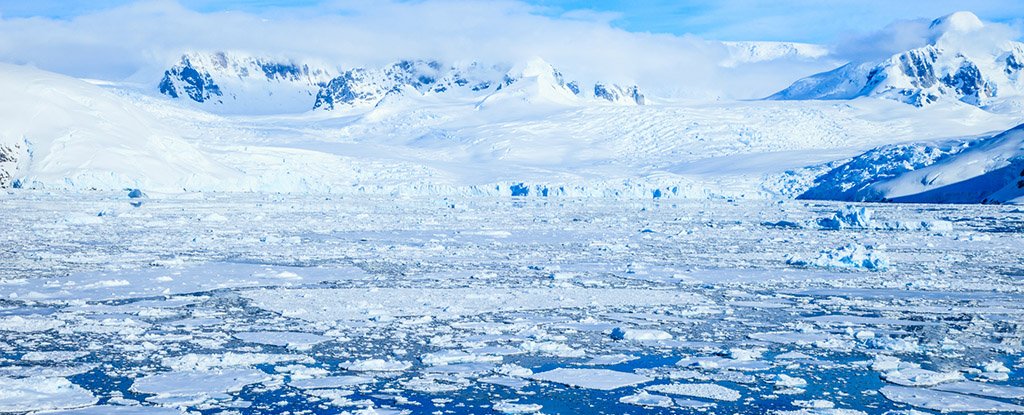
When we think of Antarctic exploration, the narrative is overwhelmingly white. Now, a new paper by New Zealander researchers suggests that the indigenous people of mainland New Zealand – Māori – have a significantly longer history with Earth’s southernmost continent.
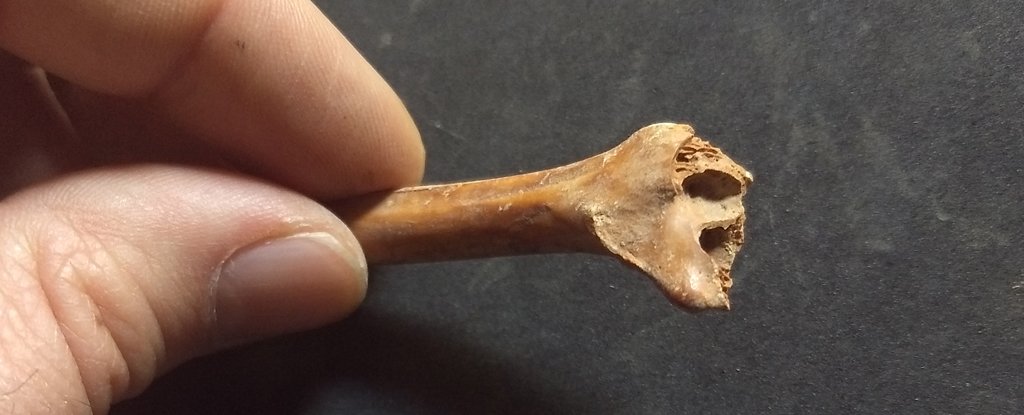
Coxcatlan Cave in Mexico’s Tehuacan Valley is a time capsule like no other. Its dusty floor is a history book, its pages detailing thousands of years of food and technology of the land’s inhabitants.

It’s been a long, strange trip for psychedelics in the state of California, but that journey inched closer to legalization on Monday.

Scientists are proposing a new theory of human evolution. A groundbreaking new analysis of data suggests that key evolutionary changes in prehistory were driven by cyclical changes in tropical climate.

An international study led by UNSW researchers has mapped one of the most intact and complete dog genomes ever generated.
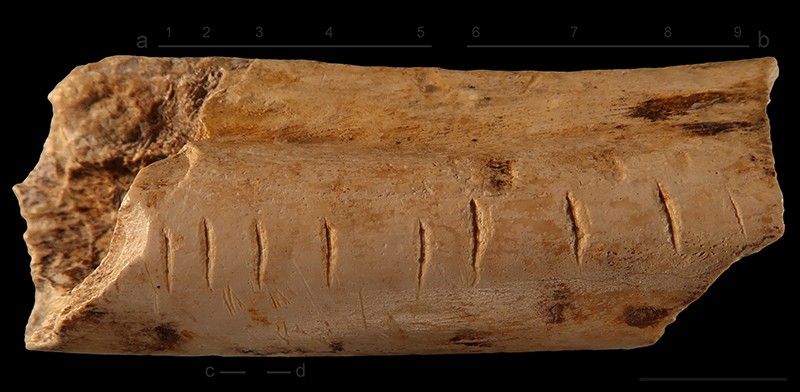
Archaeological finds suggest that people developed numbers tens of thousands of years ago. Scholars are now exploring the first detailed hypotheses about this life-changing invention.

Delicate prehistoric carvings of adult red deer, thought to be the oldest of their type in the UK, have been found in a tomb in one of Scotland’s most famous neolithic sites.
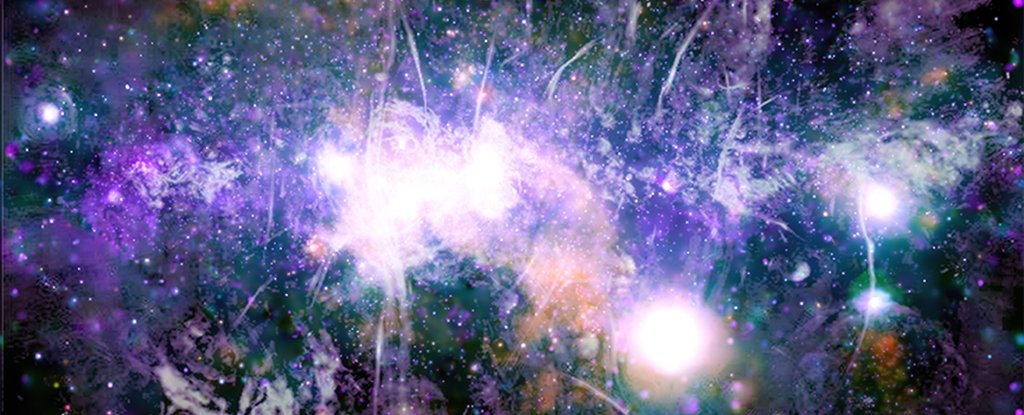
The center of the Milky Way is a strange and wild place. There dwells our galactic nucleus – a supermassive black hole 4 million times the mass of the Sun, a beast named Sgr A*. It’s probably the most extreme environment in our galaxy, dominated by Sgr A*’s gravitational and magnetic fields.

A burial mound in northern Syria has been identified by researchers as perhaps the world’s oldest known war memorial.
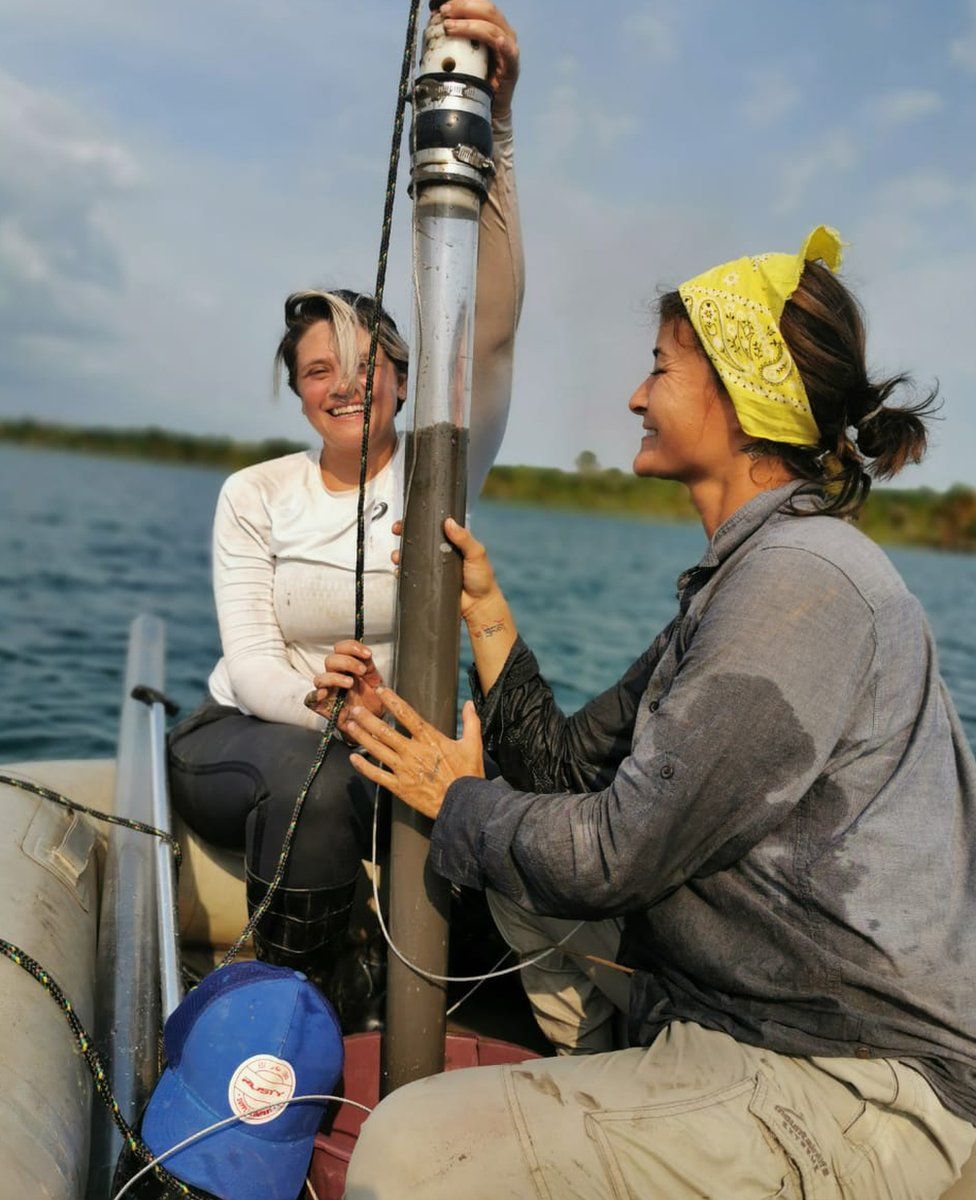
Scientists have been uncorking long, thin cylinders of soil from wetlands and riverbeds in an attempt to look back in time and understand the impact humans have had on nature. The results have made them radically rethink previous assumptions about when this started.

Former heavyweight champion calls psilocybin an ‘amazing medicine’.
Image from:Glenn Francis (Toglenn) (Wiki Commons)

Some of the first modern humans to settle in East Asia more than 40,000 years ago ranged across the vast northern China Plateau for thousands of years, where they hunted red deer and may have encountered Neanderthals and other archaic humans.

TWO seemingly disparate scientific disciplines have been drawn into each other’s orbits, set on a collision course.

We can’t see it, barely understand it, but know that it exists because of the powerful influence it exerts on space.
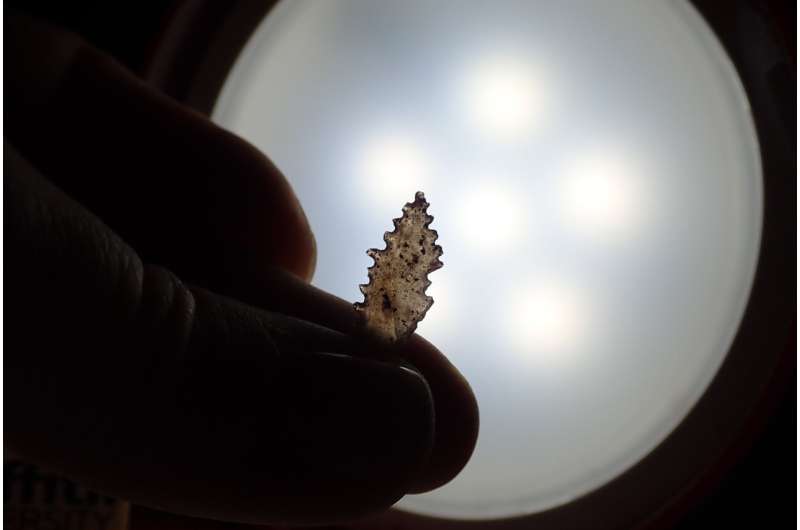
New research has questioned theories that a mysterious group of hunter-gatherers from Indonesia interacted with Aboriginal Australians thousands of years ago and provides a basis for future understanding of the people who made tiny, but precise implements out of stone.
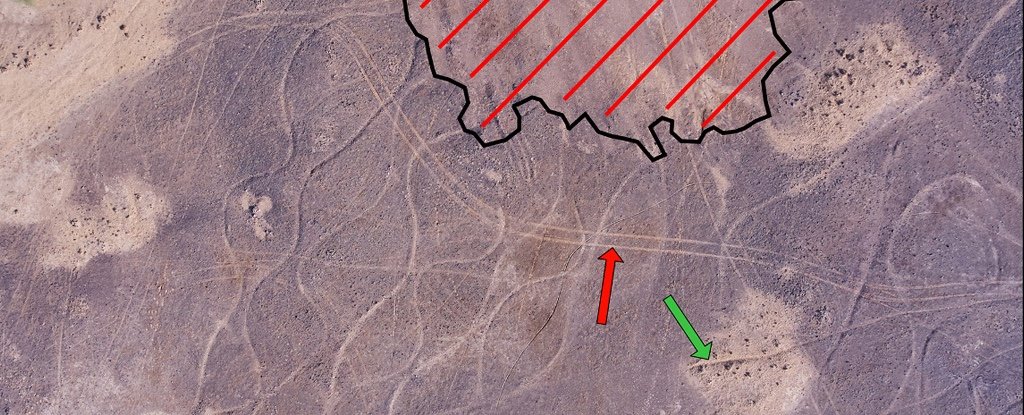
Hidden in the vast, arid expanses of India’s Thar Desert lie mysterious old drawings carved into the land. These newly discovered designs are of such immense scale, they were likely never able to be glimpsed in their entirety by those who made them, researchers say.








